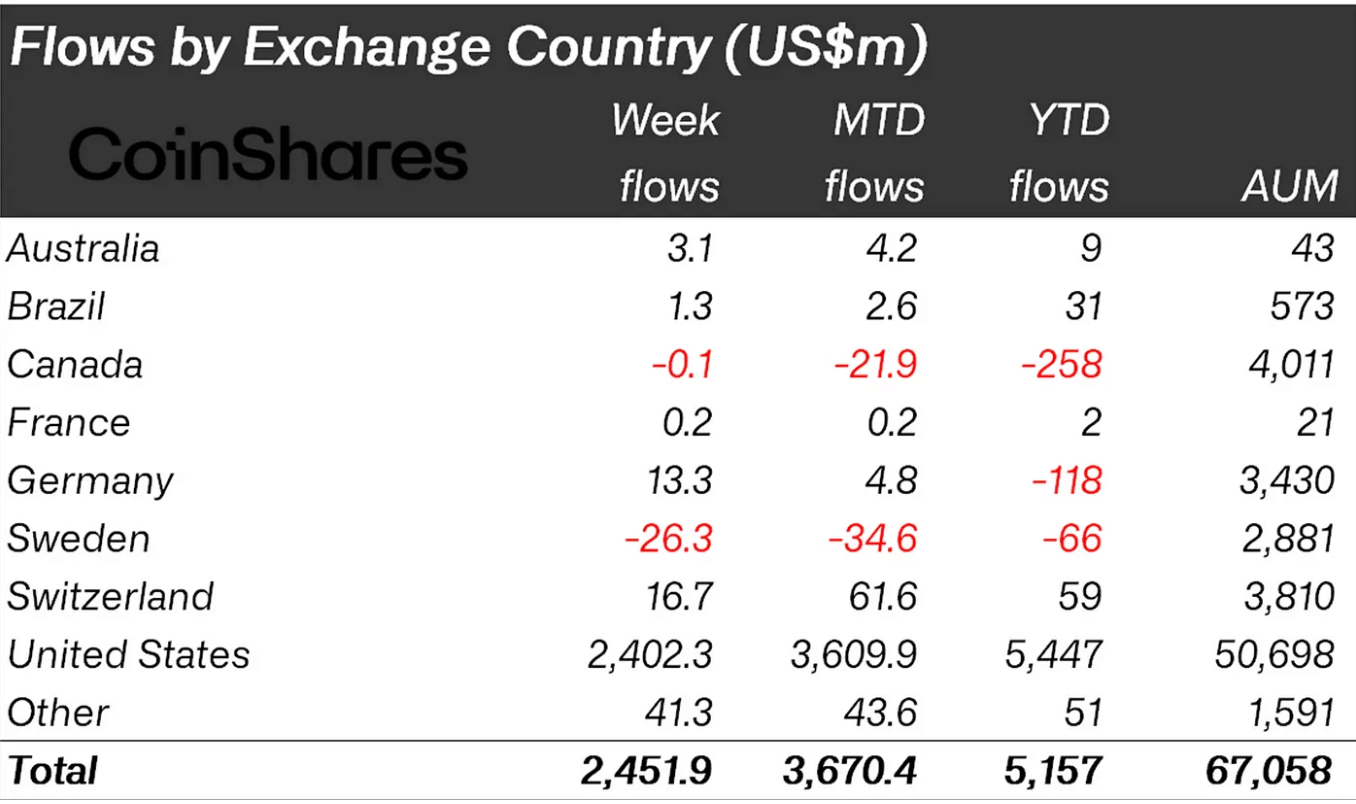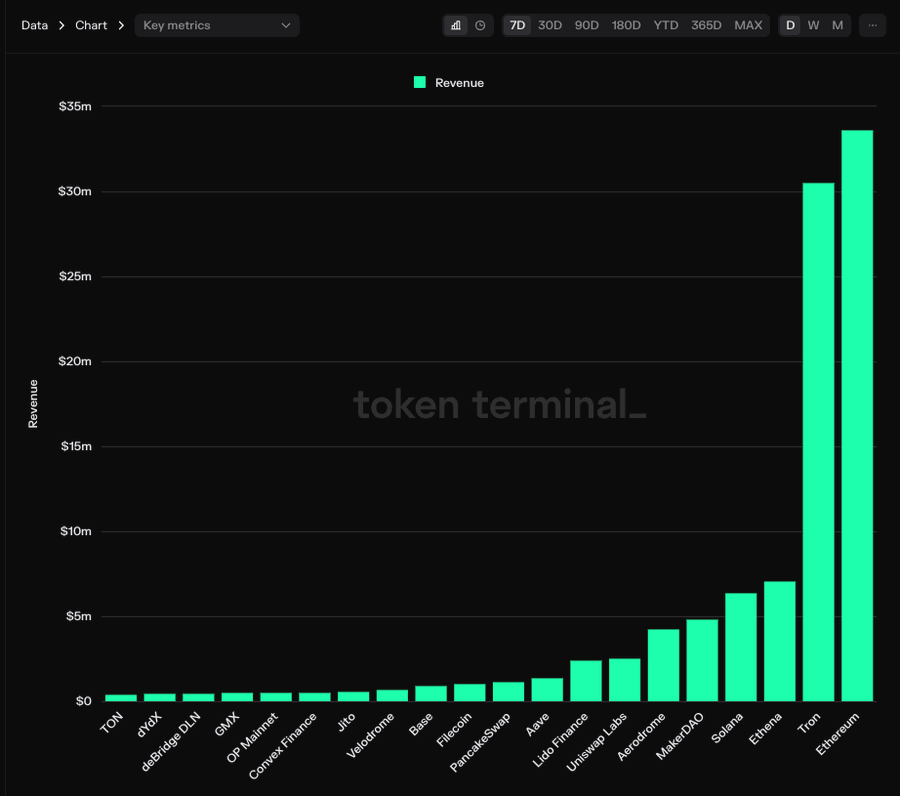Strike CEO calls Ethereum 'tech play,' says Bitcoin solves the 'biggest financial problem' of our time
Strike founder Jack Mallers recently expressed his firm belief in Bitcoin’s potential to solve what he describes as “the biggest financial problem ever” — central banking and the global debt crisis.
Mallers made the statement during an interview with Yahoo Finance on Jan. 24, where he highlighted Bitcoin in relation to government debt by focusing on the significant issue of global financial instability, primarily driven by excessive government debt.
Bitcoin is a hedge.
Mallers said that the staggering global debt-to-GDP ratio, which currently stands at an alarming 360%, represents a critical problem where governments have accumulated debt to such an extent that there seems to be no feasible way to pay it back. He added:
“Someone’s run up a $37 trillion bill at the bar, so who’s paying for that?”
Mallers argued that the holders of government-issued currencies will ultimately bear this massive debt burden. He reasoned that governments might address their debt by debasing their currencies by printing more money. This currency debasement process erodes the currency’s value, leading to potential inflation and financial instability for those holding these currencies.
Additionally, Mallers pointed out the current state of the traditional financial markets, particularly the bond market, which he notes as being in its worst condition ever. Combined with the underperformance of conventional investment strategies like the 60/40 portfolio, this paints a bleak picture of the financial landscape, further underscoring Bitcoin’s relevance as an alternative investment.
According to Mallers, Bitcoin is “the only innovation” to solve the “central banking problem” and serve as a global reserve currency.
Ethereum is a “tech-play”
Mallers further stated that other cryptocurrencies like “Ethereum, Solana, and Dogecoin” should not be grouped together because they do not address the fundamental financial issues that Bitcoin can solve.
He referred to Ethereum as a “tech play,” suggesting that its value and utility are more aligned with technological innovation and adoption rather than serving as a stable financial instrument. He said Ethereum is more akin to a speculative investment, dependent on its technological success and acceptance in broader applications, such as finance and tech industries.
Mallers likened Ethereum to equities, comparing investing in it to investing in stocks like Tesla. He suggested that people might invest in Ethereum, hoping it will soar in value like high-performing stocks, based on technological advancements and leadership rather than its potential as a stable currency or store of value.
He also implied that Ethereum’s success and adoption depend on the acceptance and use of major financial players, like banks and institutional investors. This dependence on external factors contrasts sharply with his view of Bitcoin, which he sees as more autonomous and independent of mainstream financial systems.
His skepticism towards Ethereum stems from its history. He recalled a significant hack and instances where the Ethereum Foundation intervened in transaction processes.
In his view, these events cast doubt on Ethereum’s reliability and integrity as a financial instrument. He criticized the Ethereum Foundation for cherry-picking transactions in response to issues, which, according to Maller, undermines the predictability and trustworthiness essential in a financial system.
AuthorAssad Jafri
Reporter at CyptoRankingAJ, a passionate journalist since Yemen's 2011 Arab Spring, has honed his skills worldwide for over a decade. Specializing in financial journalism, he now focuses on crypto reporting.
@Saajthebard LinkedIn Email Assad EditorLiam 'Akiba' Wright
Senior Editor at CyptoRankingAlso known as "Akiba," Liam is a reporter, editor and podcast producer at CyptoRanking. He believes that decentralized technology has the potential to make widespread positive change.
@akibablade LinkedIn Email Editor



